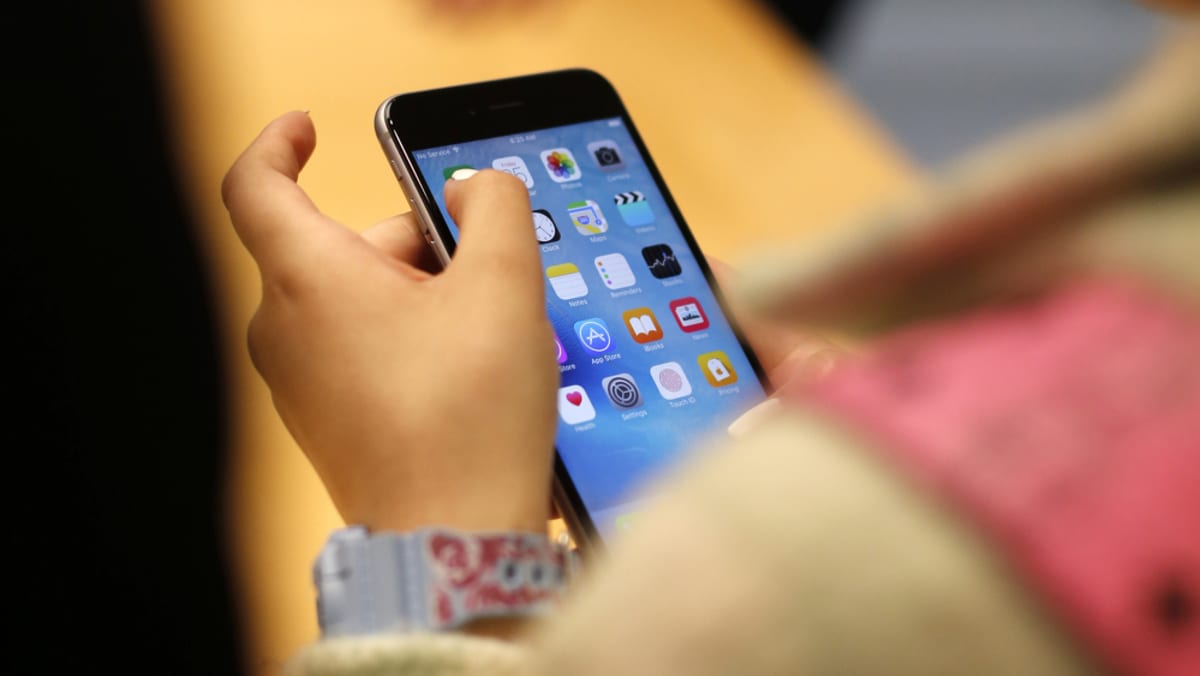PARENTS MUST LEAD BY EXAMPLE
Experts also stressed that parents should limit their own screen time to set a positive example.
Adj Assoc Prof Chong said studies have shown that excessive screen use by parents often leads to similar behaviours in children.
“Parents should model good screen habits themselves, and reflect on whether they have tried to spend time with children without letting screens replace other activities,” she said.
She acknowledged the challenges of balancing screen use for work and leisure in today’s digital age but emphasised the importance of physical activity.
“We can explain to children that the online use is for work (or) for example, schoolwork, and the guidelines are trying to separate the use of screens for work versus leisure. However, all screen time is sedentary time,” she said.
“There is no simple solution because we are a digital nation. Perhaps this guideline allows all of us, as parents, to also reflect on whether our dependence and utility of screens are excessive.”
IMH’s Dr Ong suggested that parents plan structured family activities, such as reading, exercising, board games and family outings, to prevent children from relying on electronic devices to pass the time.
“Even small changes, such as reducing time spent scrolling on phones or prioritising face-to-face communication, can significantly influence children’s attitudes towards screen use,” he said.
PARENTS REACT TO GUIDELINES
Under the new guidelines, preschools are prohibited from exposing infants up to 18 months to screens. For children aged 18 months to six years, screens can only be used for teaching and learning purposes, with usage outside of school limited to an hour a day.
Parents of young children who CNA spoke to had mixed responses.
Mr Muhammad Noor Danial, who has a two-year-old son and a four-year-old daughter, called the guidelines a “good goal”, but said more support is needed for families.
He pointed out that reducing screen time often requires activities outside the home, which can be costly. Family-friendly places in Singapore are also often crowded, he said.
“Sometimes, the traffic just to get there and the experience for a parent can be quite tiresome. As parents of young kids, there will be strollers involved, logistics to prepare, such as the milk and all that,” he added.
“So (to limit screen time) to one hour a day, I see it as a good reference point for parents, but it’s also subjected to the parents’ own capacity and access to support systems outside of their own home.”
Ms Lydia Yong said she and her husband do not turn the TV on when their 10-month-old daughter is with them. She plans to allow limited screen time after her daughter turns 18 months old, but limit this to 30 minutes a day.
“After 18 months, it’s probably necessary because there are educational videos that are interactive and that’s also the age when they start to learn things,” said the 31-year-old.
“Some parents might also not be able to teach pronunciation too, so I think it’s okay to watch videos for this.”
